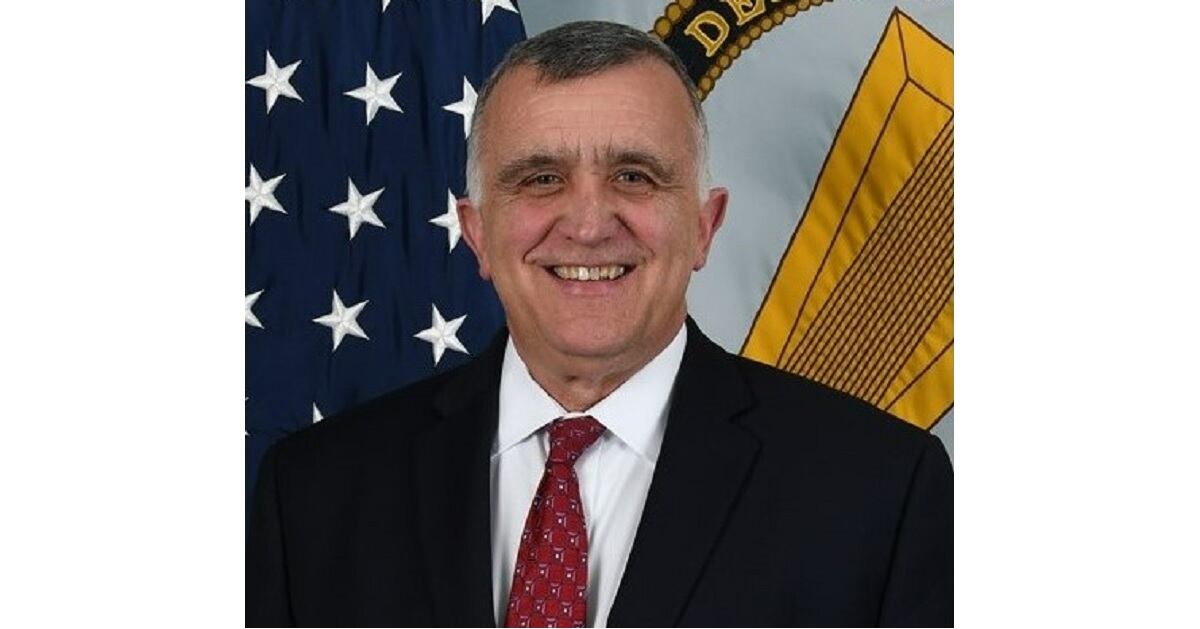John E. Hall, a career logistician, has been chosen to head up the Defense Commissary Agency.
Defense officials selected Hall as the new director and CEO of the commissary agency, effective June 4. Hall now serves as Army assistant deputy chief of staff, G4, the Army’s leading civilian authority on logistics, managing a budget of over $10 billion annually, according to Hall’s Army biography.
Hall’s predecessor, Bill Moore, served in the same capacity before he became the commissary agency’s director in August 2020. Moore retired March 31, winding up 40 years of government civilian service.
“As a career logistician, I appreciate the commissary benefit’s impact on the quality of life of our service members and their families,” Hall said in a statement accompanying the announcement of his selection. “Commissaries help sustain our military communities by providing food security through significant savings, healthy food options, clean and safe stores, convenience and premier customer service.”
The commissary agency operates 236 military grocery stores in 45 states and 13 countries, with annual sales of over $4.4 billion.
Hall also played a key role in the delivery of COVID-19 vaccines. He was detailed from June through December, 2021, as the director of the defense element of the Health and Human Services/Department of Defense COVID-19 Countermeasures Acceleration Group, coordinating the delivery of over 200 million vaccines and therapeutics to the American public and more than 140 other nations.
“I’m pleased to hear that they have filled the position,” said Caitlin Hamon, deputy director of government relations for the National Military Family Association. “We hope the new director continues with the policy of ensuring families achieve at least 25% cost savings on their grocery bill. The importance of keeping prices low cannot be overstated when some service members and their families are struggling to put food on the table.”

She said the association is still hearing from those stationed outside the continental United States about shortages of essential grocery items and supply chain issues. “We’re urging DeCA to work with Congress to determine what support is needed to address problems with overseas delivery of commissary goods and services.”
RELATED

Hall’s logistics background “well suits him for the challenges” as commissary director, said Steve Rossetti, president of the American Logistics Association. “As the pandemic proved, food security has two sides to it. One is making sure that products are affordable for military folks. The other is making sure the logistical pipeline remains intact during emergencies.”
ALA is a nonprofit organization representing manufacturers and others that sell or provide products and services to the military resale systems and morale, welfare and recreation organizations.
“Hall takes the helm at a very critical time, as the secretary of defense and Congress have recognized the importance of the commissary for food security … with funding directed at reducing prices for military personnel at the commissary,” Rossetti said.
In September, Secretary of Defense Lloyd Austin directed DoD to “fully fund our commissaries to cut prices at the register, with the goal of achieving at least a 25 percent savings on grocery bills compared to the local marketplace.” It was part of his initiative to ease the economic pain faced by military families in a time of increasing inflation and to improve their financial stability.
Commissaries no longer have to make a profit to help pay for operating costs. The fiscal 2023 and 2024 budgets each provided about $1.4 billion to operate commissaries.
Customers pay a 5% surcharge at the cash register that’s used for facilities construction and upkeep.
Karen has covered military families, quality of life and consumer issues for Military Times for more than 30 years, and is co-author of a chapter on media coverage of military families in the book "A Battle Plan for Supporting Military Families." She previously worked for newspapers in Guam, Norfolk, Jacksonville, Fla., and Athens, Ga.





